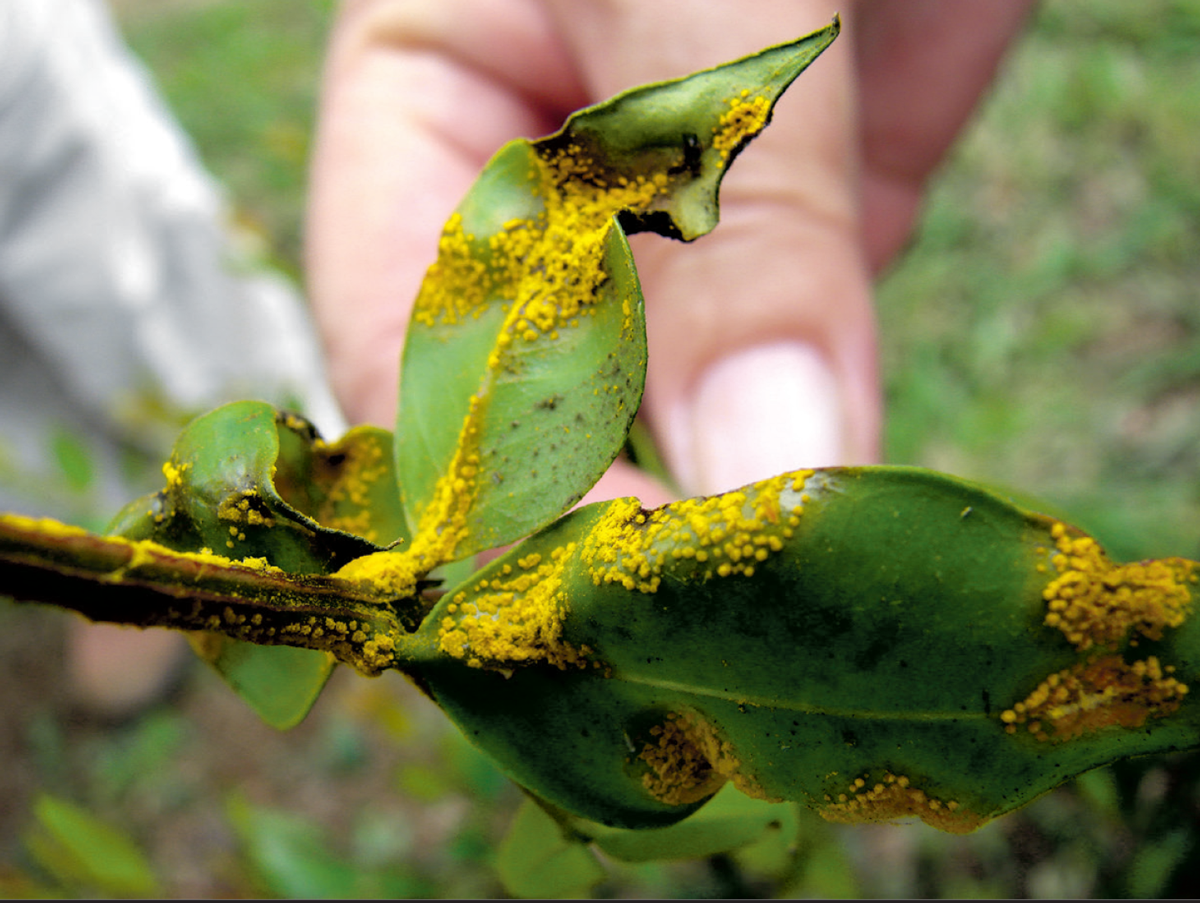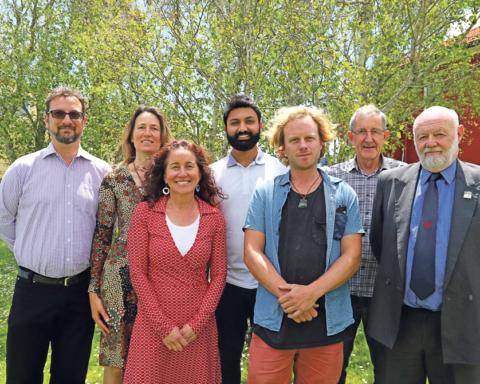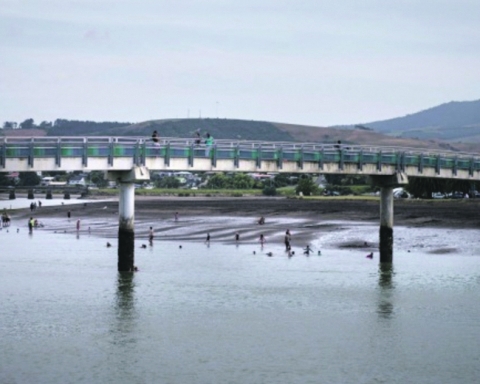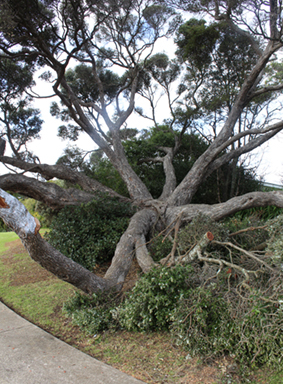If the fungal disease which affects plants in the Myrtaceae family is not contained it could be catastrophic for our coastline, says Waikato Regional Councillor Fred Lichtwark.
Myrtle rust, which can kill native plants pohutukawa, kanuka, manuka and rata, has been detected in Northland, Taranaki and Te Kuiti nurseries, and Mr Lichtwark says the council has potentially put all of the Waikato at risk by importing 100,000 native trees from Northland for distribution around the region.
The Department of Conservation is urging all growers and planters not to source Myrtaceae species from Northland, Taranaki or the Waikato.
“If it got into Raglan you can imagine what the coast would look like around the mountain – dead. It would be devastating, totally, and change the ecology of the coastal land.
“One of the most likely places it will end up is the divvy, where Comvita planted a load of manuka from Northland. Of course, with the regional council also bringing in 100,0000 trees from Northland and dispersing them around the Waikato, chances that myrtle rust will spread through the region are very high.”
Mr Lichtwark says myrtle rust, which is being treated as a major biodiversity threat by the Ministry for Primary Industries and has massive repercussions for the kanuka and manuka honey industries, was blown to New Zealand from the Kermadec Islands.
“A third of pohutukawa on Raoul Island in the Kermadecs have died,” says Mr Lictwark.
He says the disease possibly reached the islands from Australia.
Myrtle rust spores are microscopic and can easily spread across large distances by wind, or via insects, birds, people, or machinery.
The spores are thought to be capable of crossing the Tasman Sea from Australia to New Zealand on wind currents.
Severe infestations can kill affected plants and have long-term impacts on the regeneration of young plants and seedlings.
Myrtle rust generally attacks soft, new growth, including leaf surfaces, shoots, buds, flowers, and fruit. Bright yellow powdery eruptions appear on young leaves, turning to brown-grey rust pustules. Leaves may become buckled or twisted and die off.
Mr Lichtwark says plants in nurseries are more susceptible to myrtle rust because the plants are generally “weaker stock” that “can’t resist these diseases”.
Seeds germinated in tunnel houses under high humidity might not necessarily survive naturally in the wild, he says.
The nurseries where myrtle rust has been found are under quarantine, and fungicide is being used as a treatment.
Work is being done to trace where materials and products from the nurseries have gone.
About 23 sites, including gardens, have been identified as having myrtle rust, says Mr Lichtwark, but the disease has not yet been found in the wild.
“Eco-sourcing is so paramount,” says Mr Lichtwark, who is the manager of Whaingaroa Harbour Care, which grows native seedlings for riparian planting.
“By having locally sourced plants you are less likely to spread disease.
“When Harbour Care was set up we had to prove to the regional council that out plants were eco-sourced. Why has regional council broken their rules and got shit from Northland?
“There are plenty of local nurseries that are finding it hard to survive because they haven’t got the work.”
The council will consider the sourcing of plants at its next Strategy and Policy Committee meeting on June 27.
Mr Lichtwark says new mass plantings along State Highway 1, the longest and most significant road in New Zealand, also presents a corridor for the spread of disease such as myrtle rust.
* If you think you’ve seen the symptoms of myrtle rust, do not touch it. Call the MPI Exotic Pest and Disease Hotline immediately on 0800 80 99 66. Take clear photos. Don’t touch it or try to collect samples as this may increase the spread of the disease. Avoid planting any myrtle species, particularly plants from the regions known to be affected by myrtle rust – Northland, Taranaki and Waikato.
Inger Vos









